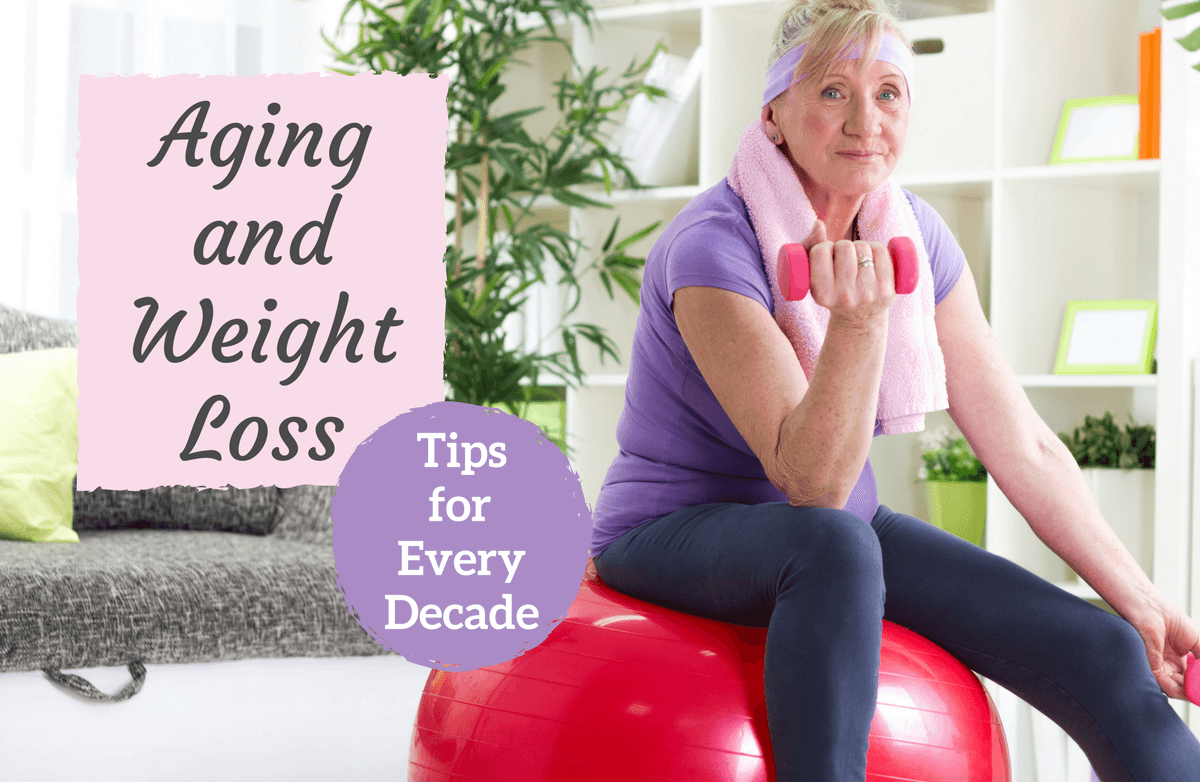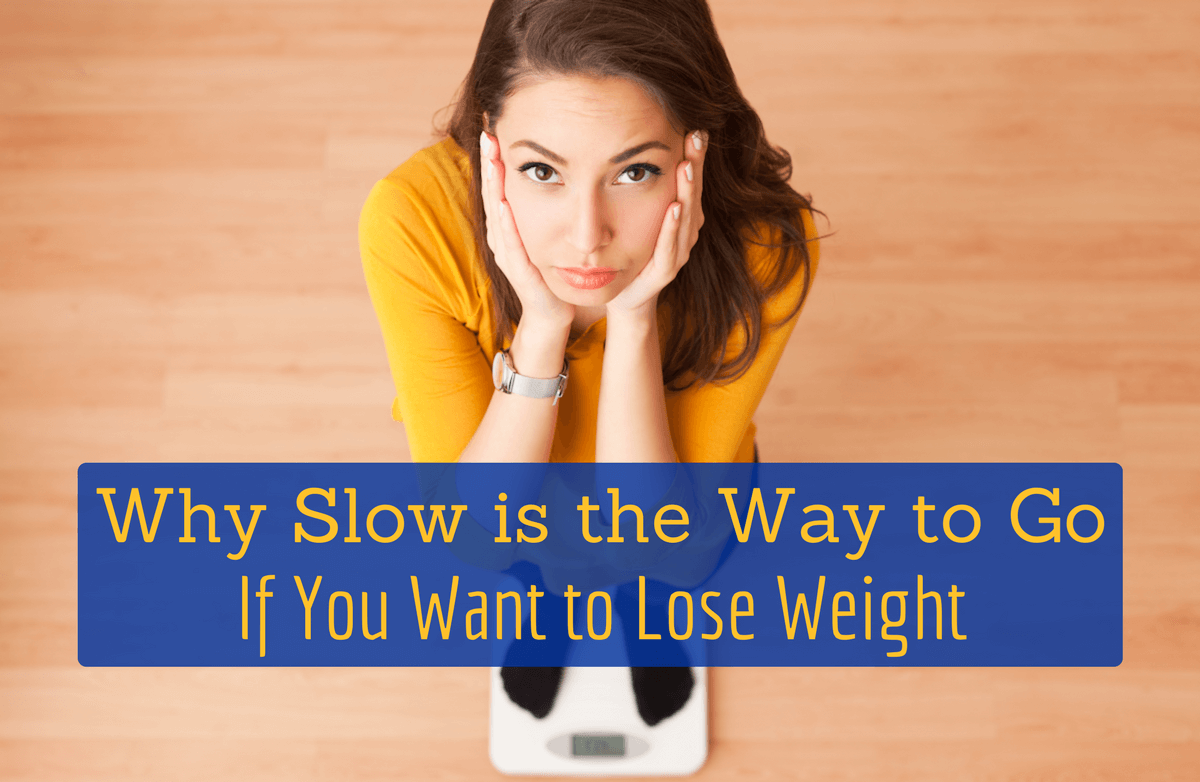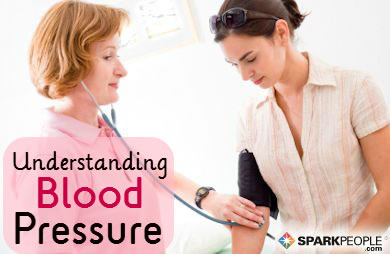|
If you follow health and fitness news, you’ve probably seen the cover story in the current issue of TIME magazine: Why Exercise Won’t Make You Thin. Unfortunately, this article is riddled with headlines and statements that seem more designed to attract attention and readers than to provide useful information—a common problem in this age of declining readership. But if you can get past the sensational headlines and faulty logic (a connection between two things doesn't mean one causes the other), the actual information in the article is nothing new or surprising. We’ve known for a long time that, while exercise is clearly one of the foundations of good physical and mental health, it is not by itself enough to produce substantial weight loss. That takes a healthy diet with fewer calories in it than you need to maintain your current weight at your current activity level, whatever that activity level may be. You can exercise ‘til the cows come home, but if you still eat more than you need, you’re not going to lose any of that extra fat you’d like to get rid of. This may be news to Mr. Cloud, but not to the rest of us. Cloud’s article does go one step further by speculating that exercise may actually be one of the reasons people overeat, and that's where he starts getting into trouble. This speculation is based on the results of several recent studies, described in the article, which indicate that exercise may have three common “side effects” that could, in theory, make weight loss more difficult for many people: Side Effect No. 1: Exercise increases appetite, often leading people to eat more than they would otherwise, offsetting the calorie burning benefits of their exercise, or even leading to a calorie surplus. Side Effect No. 2: Exercise weakens your “self-control muscle.” If you use up your limited capacity for self-control by forcing yourself to stay on the treadmill for 60 minutes, it’s going to be much harder for you to resist treats and snacks, and stick to your diet plan for the rest of the day. Side Effect No. 3: Exercise (especially vigorous, challenging exercise) can lead to tiredness, muscle soreness and other problems which actually reduce the amount of normal physical activity the individual engages in during the day, reducing overall calorie expenditure. There’s not much doubt that these problems can happen, or even that they do happen for lots of people. But are they inevitable or unavoidable? Do they inevitably have to interfere with your weight loss efforts as much as this article seems to suggest? I suppose they could—IF you were a slave to your appetites, and incapable of figuring out how to feed yourself what you actually need. But is that what you are? Not according to the tons of scientific evidence and personal testimony from successful weight losers that Mr. Cloud left out of his article. The real question here, in the end, is whether any of this scientific evidence means you should change your approach to exercise in order to meet your weight loss goals. In this blog and in Thursday’s blog, you’ll find some info you’ll want to know in order to figure this out for yourself. Part One: Exercise, Appetite & Fat Loss Pretty much everything we know about human metabolism indicates that exercise should increase your appetite. The basic function of appetite is to generate a balance between energy in and energy out, and to ensure that you get the right “nutritional stuff” for your particular needs. It couldn’t do either job for you if you could go out and burn an extra 500-1000 calories or more without experiencing an increase in your hunger. This may not be obvious to us as individuals, though, for several reasons. One is that exercise can temporarily suppress appetite. Some people don’t feel hungry until sometime later on, which means they may not make the connection between the exercise and the extra appetite. And being the kind of creatures we are, it's pretty easy to feel the hunger without knowing what, exactly, our body really needs or when we've gotten enough of it. (For a quick introduction to these issues, check these articles on High Performance Nutrition. Another important source of difficulty here is due to the way our bodies use energy during exercise and then replace that energy. The bottom line, in terms of weight loss, is that fat doesn't play a big role on either end of this process. Whenever you’re doing some physical activity that is more vigorous than a moderate walk, most of the fuel for that activity is not going to come from your most recent meal, or from the extra body fat you have on board. It’s going to come from specialized fuel sources already stored in your muscle cells, or elsewhere in your body. It would be great if, every time we need some extra energy, our bodies would take some body fat out of our fat cells and use it to fuel whatever we are doing. Sadly, though, that’s not how it works. The more vigorous your activity is (which corresponds roughly to how high your heart rate gets), the smaller the role that fat plays in fueling that activity. The primary energy source your body uses to fuel higher intensity activity is glucose—which it gets by breaking down the carbohydrates (mainly) and protein (to a much lesser degree if your diet is balanced) you eat. Your body actually stores glucose in your muscle cells (it’s called glycogen in this form), and draws on this stored glycogen to fuel your muscles during exercise. Once you’re done exercising and back in your recliner again, your body needs to replace this used up glycogen so that you’ll be ready for your next bout of exercise or activity. Naturally enough, it revs up your appetite so you’ll eat enough to accomplish this objective. This is necessary because your body can’t turn body fat into the glycogen your muscle cells need. It has to come from the carbs and protein you eat (or from the protein stored in your muscle and organ tissues). The bottom line here is that the relationship between exercise and fat loss is very indirect. Exercise doesn’t burn very much fat as fuel, and it doesn’t cause your body to use stored body fat to replace all the calories your exercise burned up. Basically, what does happen is that exercise gives your body something to do (ie, making new glycogen) with some of the carbs and protein you eat so that you don’t turn a lot of those calories into new body fat. While all that’s going on, your body is then free to use your body fat to fuel a large percentage of the low intensity activity you’re doing when you’re not exercising—assuming that you have an overall calorie deficit and the kind of diet that keeps your fat-burning hormones and enzymes working right. Unfortunately, you don’t burn all that many calories while not exercising, which explains why you can’t lose fat at a very rapid rate, even if you exercise like a fiend and diet like you love starvation. There’s only so much fat you can burn in a day, and this is determined more by your BMR and your non-exercise activity than by the amount of vigorous exercise you do, or the size of your calorie deficit. An overly large calorie deficit will mainly increase the rate of muscle and organ tissue loss, not the amount of fat burned. It may look good on the scale, but it’s not healthy and it’s one of the big reasons why so many people regain lost weight. Practical Implications: If your main goal is losing body fat, there’s no reason to run yourself into the ground with hours of high intensity exercise, and some good reasons not to do this. You do need about 30 minutes, at least 3-5 times per week, with your heart rate up in the 70-85% of max range to get the basic health and functional fitness benefits of cardiovascular exercise. And you need a good, basic strength training routine that works all your muscle groups, at least twice per week. If you have athletic aspirations that require more training than this, you'll need to do more, of course. Beyond that, you’ll actually burn more fat if you use any extra time you have to increase your lower intensity activity as much as possible with things like moderate walking, taking the steps when you can, and generally moving around as much as possible. The more time you spend sitting still, the more you turn off your fat burning enzymes and make fat loss harder than it needs to be. And of course, you will still need to keep your eating under control enough to maintain a moderate calorie deficit overall. In Thursday’s blog, I’ll talk more about Exercise, Will Power & Eating, and what the evidence tells us about how to avoid overeating when you’re physically active. To read it, click here. What’s your experience with exercise and appetite? Are you doing a lot of high intensity exercise mainly to lose weight? Is that approach working for you, or do you end up eating more and losing less? |
More From SparkPeople
|


.jpg)
.jpg)

.png)








